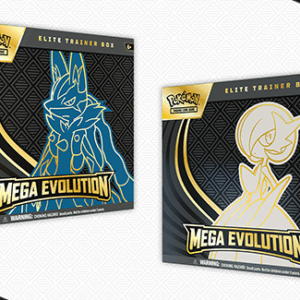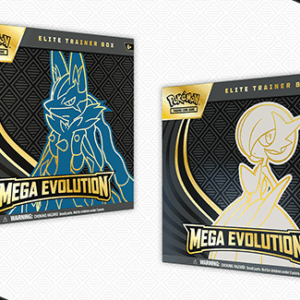In recent years, the world of video game collecting has witnessed a significant transformation with the emergence of Wata Games, a company specializing in the grading of video games. Wata’s mission to provide a standardized grading system for video games has not only revolutionized how games are appraised and valued but has also played a pivotal role in the increasing popularity of video game collecting as a serious hobby and investment.
Founded with the aim of addressing the lack of a unified grading system in the video game collecting community, Wata Games quickly established itself as a leader in the field. Before Wata, trading and valuing video games was inconsistent and risky, due to the absence of a reliable system for verifying and grading the condition of games. Wata Games brought professionalism and reliability to the field, similar to what PSA and ISA had done for sports cards.
The introduction of professional grading services by companies like Wata has led to a surge in the popularity of video game collecting. Collectors now have a reliable way to assess the condition of games, from sealed and boxed to cartridge-only formats. This reliability has attracted new collectors and investors, who see video game collecting not just as a hobby but as a form of valuable investment.
To get a video game graded by Wata, collectors submit their games to the company where they are carefully evaluated based on condition, completeness, and overall quality. Wata provides a detailed grading report and encases the game in a tamper-proof, UV-resistant display case. This process not only preserves the game but also enhances its display and potential resale value.
For those looking to sell their graded games, Otia Sports specializes in the purchase of rare and high-grade video games. Selling to Otia Sports can be a straightforward way for collectors to monetize their collections, especially for high-ticket items.
The impact of Wata’s grading system is most evident in the record-breaking sales at auctions. For instance, a sealed copy of Super Mario Bros. for the NES, graded by Wata, was sold for $660,000 in April 2021, setting a new record for the highest amount ever paid for a video game. Another landmark sale was a sealed copy of The Legend of Zelda for the NES, which fetched $870,000 at auction. The high grade from Wata significantly contributed to its high valuation. Similarly, a sealed copy of Super Mario 64 sold for an astonishing $1.56 million, further showcasing the booming market for collectible video games.
The emergence of Wata Games has dramatically changed the landscape of video game collecting. It has brought a newfound level of professionalism and standardization to the field, attracting a diverse range of collectors and investors. From nostalgic gamers seeking to own a piece of their childhood to serious investors looking for the next big collectible, video game collecting has become a market that encompasses a broad spectrum of enthusiasts. This diversity has led to an increased demand for rare and vintage games, driving up their value and appeal.
In addition to its impact on the collectibles market, Wata Games has also emphasized the importance of game preservation. By grading and encapsulating games, Wata has played a crucial role in preserving the physical condition of these games and safeguarding a crucial part of digital entertainment history for future generations.
Wata Games has assumed an educational role in the collector community as well. Through its grading services and resources, Wata educates collectors on the importance of game condition, rarity, and provenance. This education has led to a more informed collector base, contributing to the stabilization and growth of the market.
While Wata’s rise has been met with challenges and criticisms, such as concerns about grading costs and the overemphasis on the monetary value of games, the future outlook for video game collecting and Wata’s role in it appears promising. As video games continue to be recognized as an integral part of popular culture and entertainment history, the demand for rare and vintage games is likely to remain strong. Wata’s standardized grading process and the growing interest in video game collecting suggest that this market segment will continue to evolve and expand.
The impact of Wata’s emergence extends beyond the world of video game collecting. It has elevated the status of video games from mere entertainment media to collectible art forms, contributing to a greater appreciation of video games and their place in the cultural and historical landscape.
Ultimately, the allure of video game collecting lies at the intersection of passion and investment. While the potential financial returns are appealing, the true joy for many collectors comes from owning a part of gaming history. The work of Wata and Otia Sports has provided a platform for this passion, enabling collectors to preserve, showcase, and potentially profit from their collections. As the market for vintage video games continues to grow, Wata’s role in shaping this space will undoubtedly be a focal point for collectors, investors, and gaming enthusiasts worldwide.






